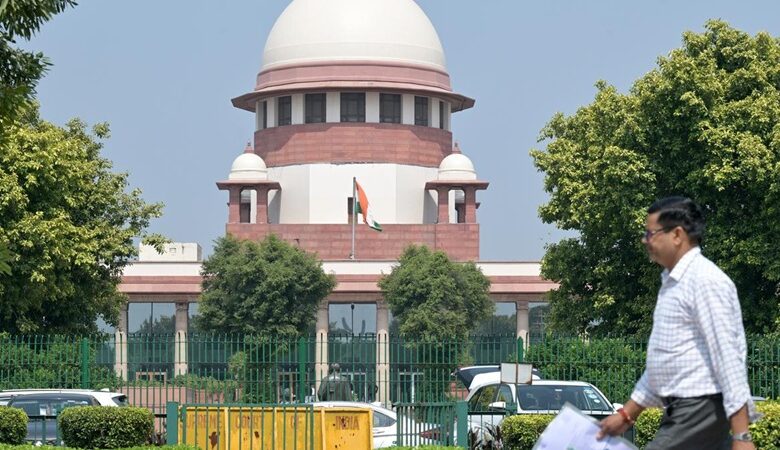Supreme Court questions High Court’s ‘she invited trouble’ remark in rape case
News Mania Desk / Piyal Chatterjee / 15th April 2025

On Tuesday, the Supreme Court criticized the Allahabad High Court for its recent “objectionable” comments in rape cases, stating that such remarks were inappropriate. The highest court expressed regret over a recent ruling by the Allahabad High Court, which granted bail to an individual charged with raping a student, remarking that the woman “invited trouble herself.”
The Supreme Court’s comments were made during the hearing of a suo moto case concerning another Allahabad High Court ruling on March 17, which stated that “simply grabbing the breasts” of a minor does not constitute rape. The highest court has already suspended the disputed ruling.
“There is another order now by another judge. Yes, bail can be granted… but, what is this discussion that she herself invited trouble? One has to be careful when saying such things, especially on this side (judges). One thing here and there…,” a bench of Justices BR Gavai and AG Masih said.
The top court tagged the matter with the suo motu case registered by the court against the March 17 order of the Allahabad High Court. “What message does this send? While we deal with this case, we will see other cases also,” Justice Gavai said.
The matter will be heard by the top court after four weeks.
In the order dated March 17, Justice Ram Manohar Narayan Mishra of the Allahabad High Court asserted that “grabbing breasts” and “breaking the strings of a girl’s pyjamas” do not qualify as rape or attempted rape .This ruling arose from a case involving two individuals who reportedly seized the breasts of an 11-year-old girl, tore the strings of her pyjama, and tried to pull her under a culvert.
In response to the public fury regarding the High Court’s comments, the Supreme Court initiated suo moto cognisance and temporarily halted the order. The mother of the underage victim has likewise appealed to the Supreme Court against the High Court’s ruling.






